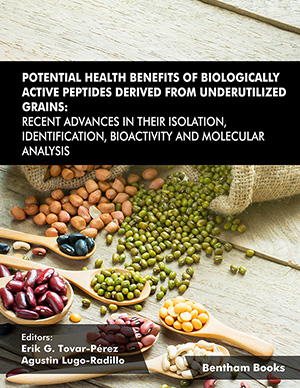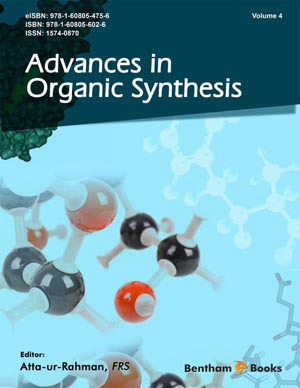Abstract
In recent years, the use of cosmetics and personal care products has
increased worldwide, due to their corrective, decorative and hygienic functions. The
development of new cosmetic formulations based on the use of bioactive compounds
has expanded rapidly due to consumer demand for products with protective and
therapeutic functions derived from natural sources. Skin aging is a complex biological
process influenced by a combination of endogenous or intrinsic and exogenous or
extrinsic factors. Since skin health and beauty are considered to be one of the main
factors representing overall “well-being” and the perception of “health” in humans,
several antiaging strategies have been developed in recent years. There are two main
groups of agents that can be used as antiaging components, antioxidants and cellular
regulators. Antioxidants, such as vitamins, polyphenols and flavonoids, reduce collagen
degradation by reducing the concentration of free radicals in tissues. Cell regulators,
such as retinols, peptides and growth factors, have direct effects on collagen
metabolism and influence collagen synthesis.
Keywords: Antiaging, Antioxidants, Bioceutical, Cell regulators, Collagen, Cosmeceutical, Cosmetics, Enzymes, Health, Nutricosmetic, Peptides, Photoaging, Pigmentation, Skin care.






















